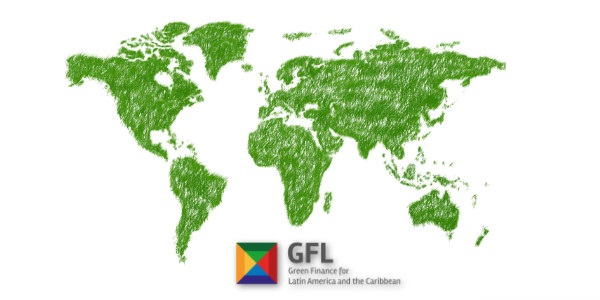
In a conference held in Paris on the 17th April, the Network for Greening the Financial System (NGFS) presented its first comprehensive report, ‘A call for action to address climate change as a source of financial risk.[1] Banque de France Governor François Villeroy de Galhau when opening the conference stated that “Climate change is within the mandate of central banks.”
Lessons drawn from the first 16 months of NGFS activity confirm that climate change presents significant financial risks that can only be mitigated through early and orderly transition.
The NGFS is the only forum worldwide bringing together central banks and supervisors, with 34 members and 5 observers committed to better understand and manage the financial risks and opportunities of climate change. This coalition of the willing was launched in December 2017. Its membership includes Banco de México and Superintendencia Financiera De Colombia from LAC.
Climate-related risks are a source of financial risk and it therefore falls squarely within the mandates of central banks and supervisors to ensure the financial system is resilient to these risks.
This report just released focuses on climate-related risks rather than environmental risks for two main reasons: first, the transition to a low-carbon economy consistent with the objectives of the Paris Agreement requires a radical shift of current resource allocation and, thus, a seminal response by the financial sector. Secondly, climate change itself poses a major challenge – if not the major challenge – of our time, and its impact will be felt globally, thus demanding a strong international response and multilateral cooperation.
The report states that climate change is one of many sources of structural change affecting the financial system. However, due to the distinctive characteristics of climate change it needs to be managed differently. To that end the report provides six recommendations for central banks, supervisors, policymakers and financial institutions to enhance their role in the greening of the financial system and the managing of environment and climate-related risks.
The NGFS recognizes that there is a strong risk that climate-related financial risks, for example, are not fully reflected in asset valuations.
Hence, four of those recommendations are aimed at inspiring central banks and supervisors to take these best practices on board when it fits within their mandate, which include the following:
1. Integrating climate-related risks into financial stability monitoring and micro-supervision.
2. Integrating sustainability factors into own-portfolio management (own funds, pension funds and reserves to the extent possible).
3. Bridging the data gaps, in particular data of relevance to Climate Risk Assessment.
4. Building awareness and intellectual capacity and encouraging technical assistance and knowledge sharing.
Two additional recommendations point to actions that can be taken by policymakers to facilitate the work of central banks and supervisors, while parts of these recommendations may also be applicable to the private sector:
5. Achieving robust and internationally consistent climate and environment-related disclosure.
6. Supporting the development of a taxonomy of economic activities, that enhances the transparency around which economic activities (i) contribute to the transition to a green and low-carbon economy and (ii) are more exposed to climate and environment-related risks (both physical and transition).
These recommendations are aimed at inspiring central banks and supervisors– NGFS members and non-members – to take the necessary measures to foster a greener financial system.
Understanding what the magnitude of climate change entails for financial stability, and preparing to adapt to the necessary measures to foster a greener financial system and promote a smooth transition towards a low-carbon economy -that will be progressively adopted by central banks at the global scale- are part of relevant issues comprised in a roadmap that may also be adopted by financial institutions in Latin America and the Caribbean.
[1]Network for Greening the Financial System (2019). A call for action: Climate change as a source of financial risk. First comprehensive report. April 2019.
Source: GFL Team. This note is primarily based on the text of analysis, conclusions and recommendations contained in the report “A call for action to address climate change as a source of financial risk”.






 Stay updated on the latest trends of Green Finance
Stay updated on the latest trends of Green Finance



